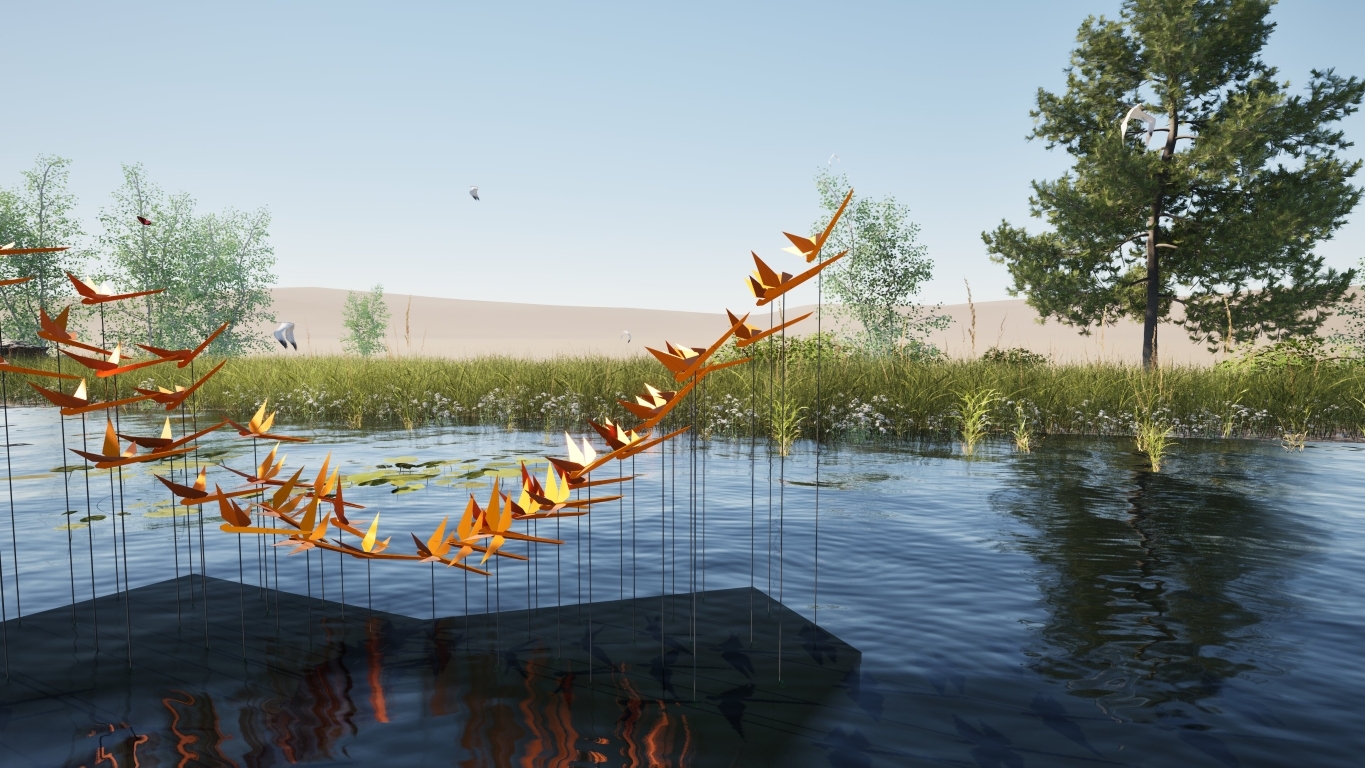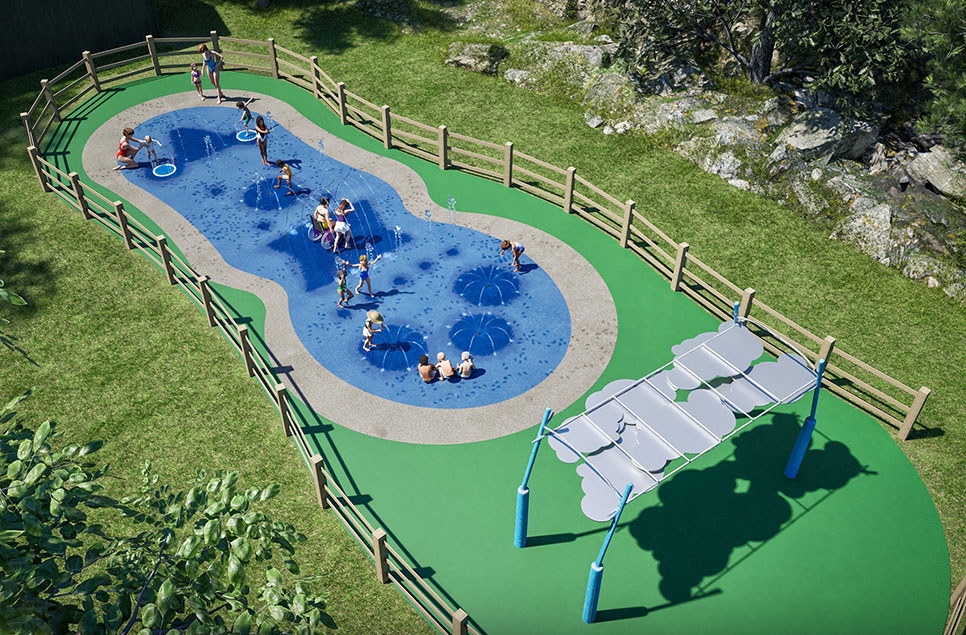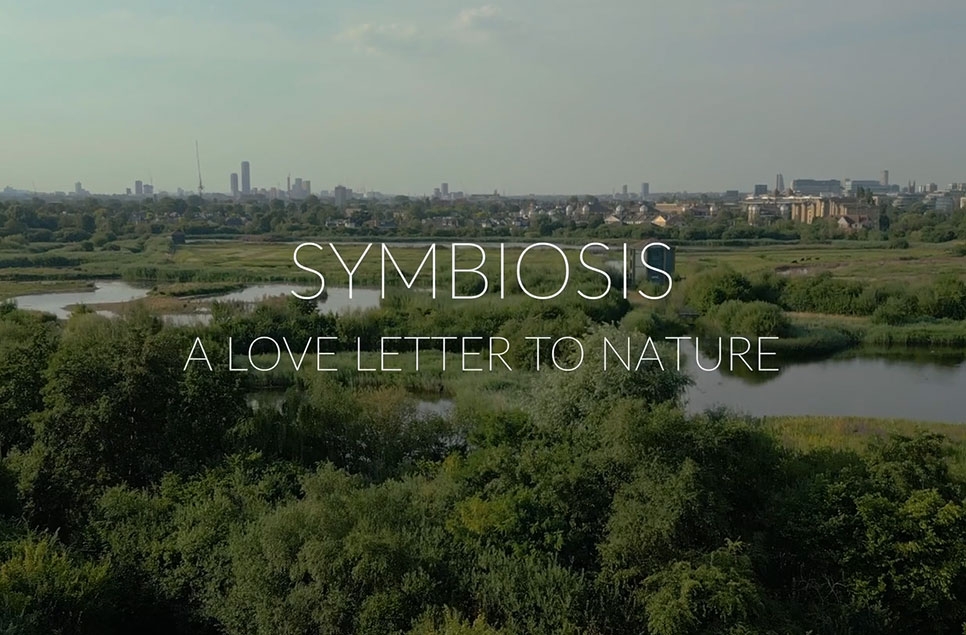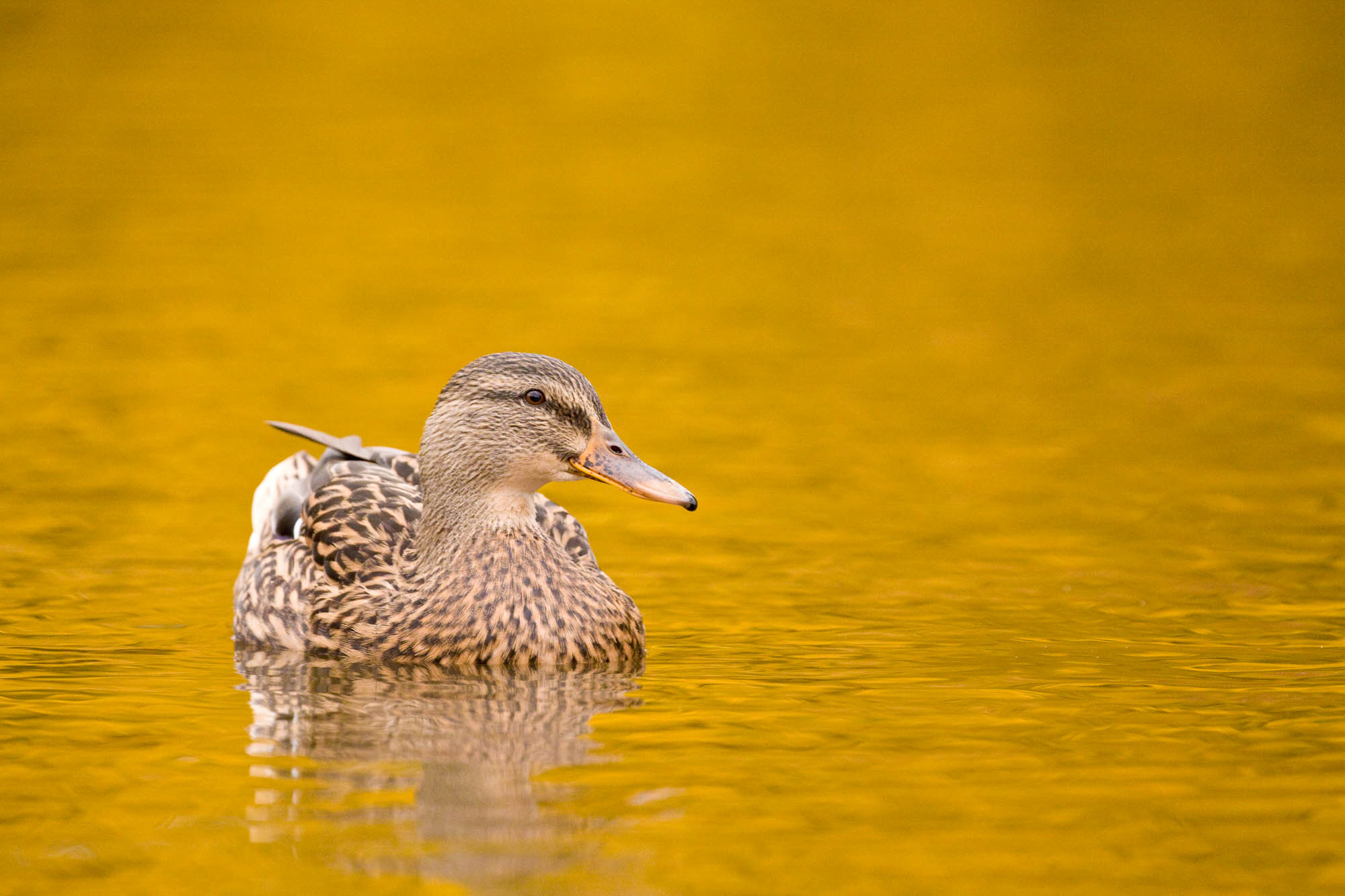Wetlands Unravelled: a programme of contemporary art exploring the paradoxes of conservation in the wetlands environment
WWT London Wetland Centre launches Wetlands Unravelled, a ten-month contemporary art programme woven throughout the lakes, ponds and reed beds of one of the capital’s largest wetlands.
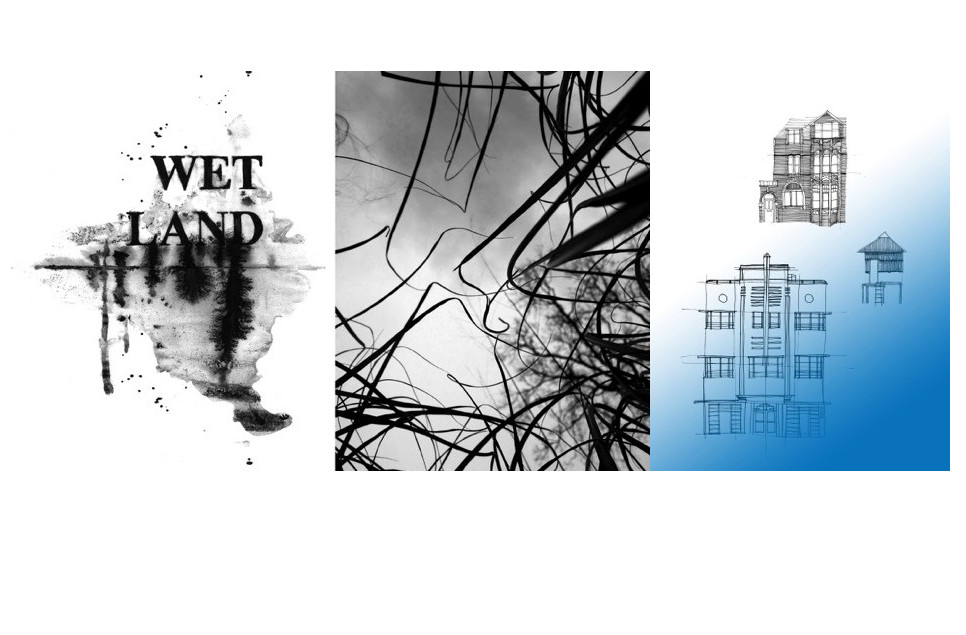
WWT London Wetland Centre is delighted to announce Wetlands Unravelled, a ten-month contemporary art programme woven throughout the lakes, ponds and reed beds of one of the capital’s largest wetlands. Curated by Unravelled, who commission and produce site-specific projects inspired by history and place, the programme unfolds with new sculptural installations, video and textile works by ten artists exploring the paradoxes of conservation within the wetlands environment.
Postponed from opening in March 2020 due to lockdown restrictions, Wetlands Unravelled now presents a two-season programme, launching on 1 October, and in March 2021 - running until 31 August 2021.
Commissions by artists Tania Kovats, Anne Deeming, Jonathan Wright, Gavin Osborn and Alec Stevens launch Wetlands Unravelled on 1 October 2020 at London Wetland Centre. These are followed next March by new commissions from Lizzie Cannon, Claire Barber, Sharon McElroy, Eloise Moody and Caitlin Heffernan. All the artists commissioned for Wetlands Unravelled respond to the topography, wildlife, history and politics of the wetland environment, during the twentieth anniversary year of London Wetland Centre.
Rob Campbell, Head of Experience, Engagement and Learning at Wildfowl and Wetlands Trust (WWT), said, “Wetlands Unravelled is the latest and most ambitious in a series of contemporary art commissions on WWT sites. We’re very excited to showcase, through this programme, new work from artists responding to the unique wetland habitat we manage at London Wetland Centre.We want Wetlands Unravelled to stimulate thinking and discussion around the vital role wetlands play in the environment and the fight against global climate change, highlighted especially during the coronavirus pandemic.”
Following an overnight stay in a wildlife observation hide, and other research at London Wetlands Centre, Tania Kovats produces Wetlands, a new artwork in the form of a limited edition newspaper. Illustrated with trickling streams of imagery, text and migratory bird flyways set below a now quieter Heathrow flight path, the work draws on the environmental and socio-political concerns of wetland environments everywhere.
Floating in the ponds of the wetlands, Anne Deeming’s sculptural clusters amalgamate the domestic with the industrial in familiar yet unexpected hybrid forms. Gradually changing in colour and patina in response to the weather, the distinctive objects begin to mimic seasonal transformations in the plumage of migratory birds, and the textures of local plant life.
Jonathan Wright’s gold-leafed floating sculptural work relates to Barn Elms Manor House, which once stood on the site now occupied by London Wetland Centre, and was a meeting place for the politically influential Kit Kat Club in the eighteenth century. Exposing a multi-layered history, which now leaves no trace, Wright’s installation considers the contemporary wetland site that has returned to nature through artificial means, and reflects on its future significance.
Gavin Osborn’s series of sound works immersed in the wetland landscape investigate the re-purposing of the site from Victorian reservoir to managed space for wetland ‘wild’ things. On-site and off-site field recordings and interviews are interwoven with specially created texts and sound design, connecting to broader geographies and concerns such as the climate crisis.
Interested in the absence of the watery markers of climate change in the wetlands environment, Alec Stevens’ series of sculptural installations protrude from the water at varying heights, alluding to the water level rises predicted to engulf UK and global communities.
Wetlands Unravelled is the latest contemporary art project commissioned by the WWT, following The Bell (2019) by Bouke Groen, and The Berkeley Bat House (2009), conceived by artist Jeremy Deller, and designed by Jorgen Tandberg and Yo Murata. The commissions form part of the modern day legacy of renowned ornithologist and artist, Sir Peter Scott, founder of the Wildfowl and Wetlands Trust.
Wetlands Unravelled is the fifth major commission by Unravelled who collaborate with contemporary artists and makers to create works exploring histories, stories and a sense of place. From 2012 to 2015 they curated Unravelling the National Trust, a programme of artists’ commissions for Nymans House and Garden, The Vyne and Uppark, National Trust properties in West Sussex and Hampshire.
Wetlands Unravelled is made possible by funding from Arts Council England and the Greater London Area of the Arts Society, and supported by Wildfowl and Wetlands Trust.
For further information, interview requests and images, please contact Janette Scott Arts PR on janette@janettescottartspr.com or 07966 486156.
Press viewings by appointment, from 20 September.
